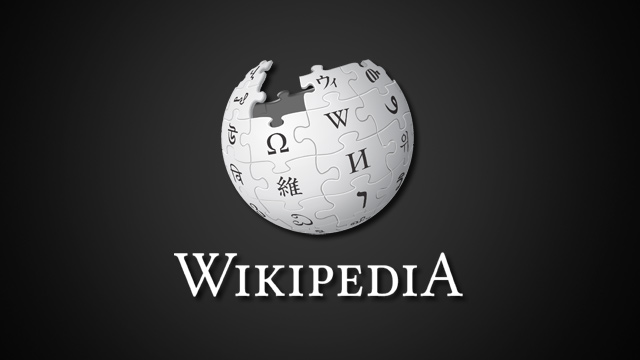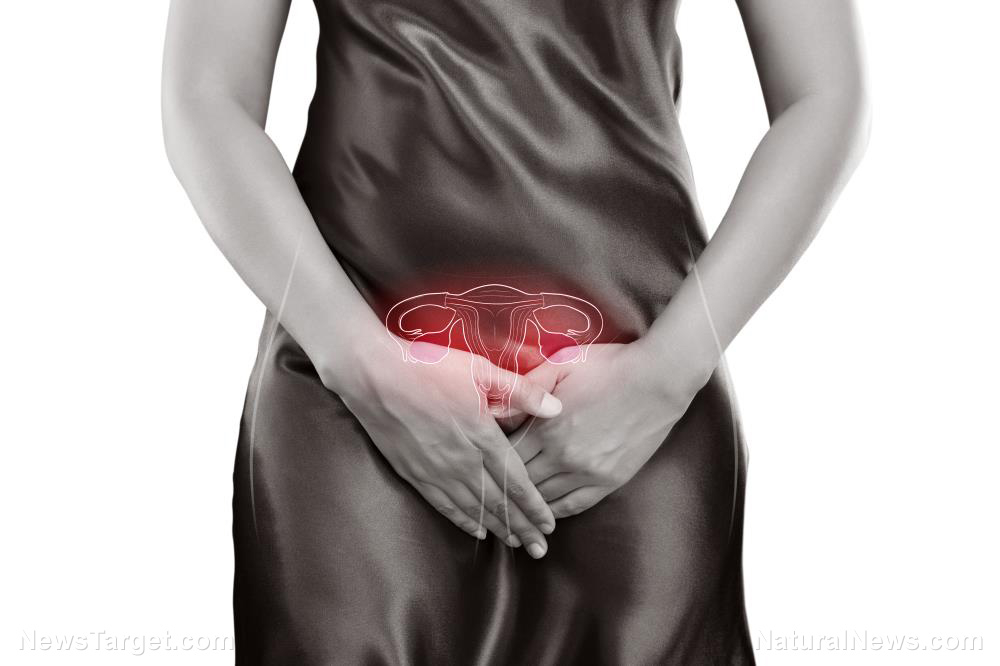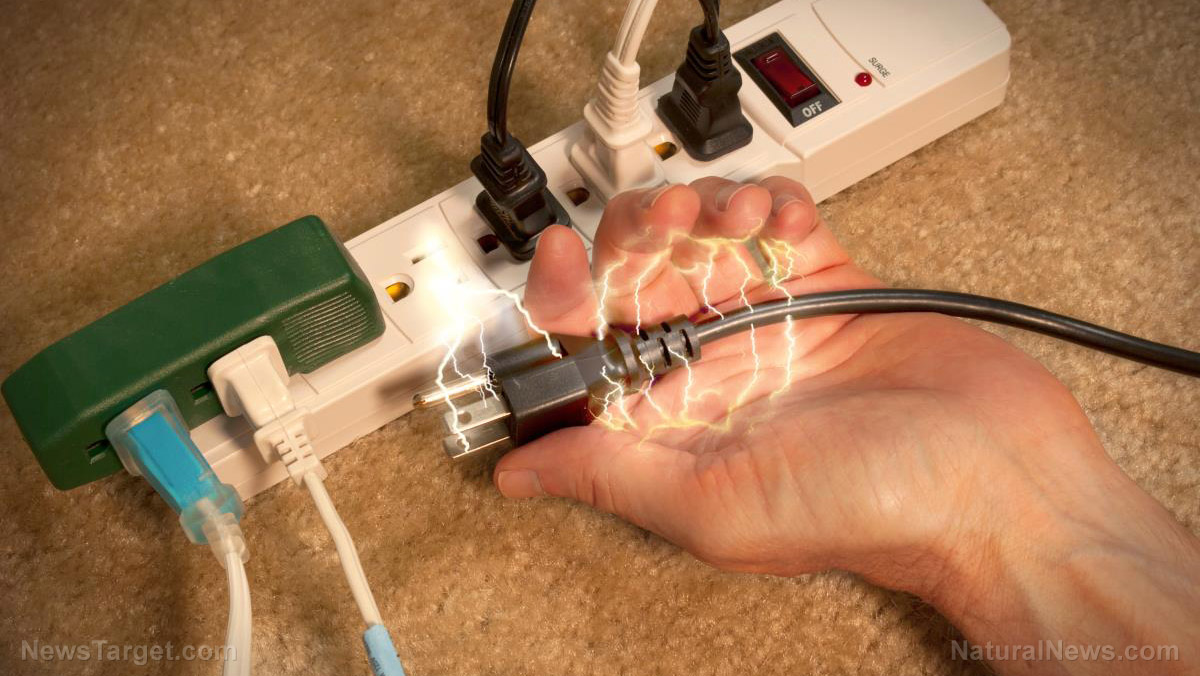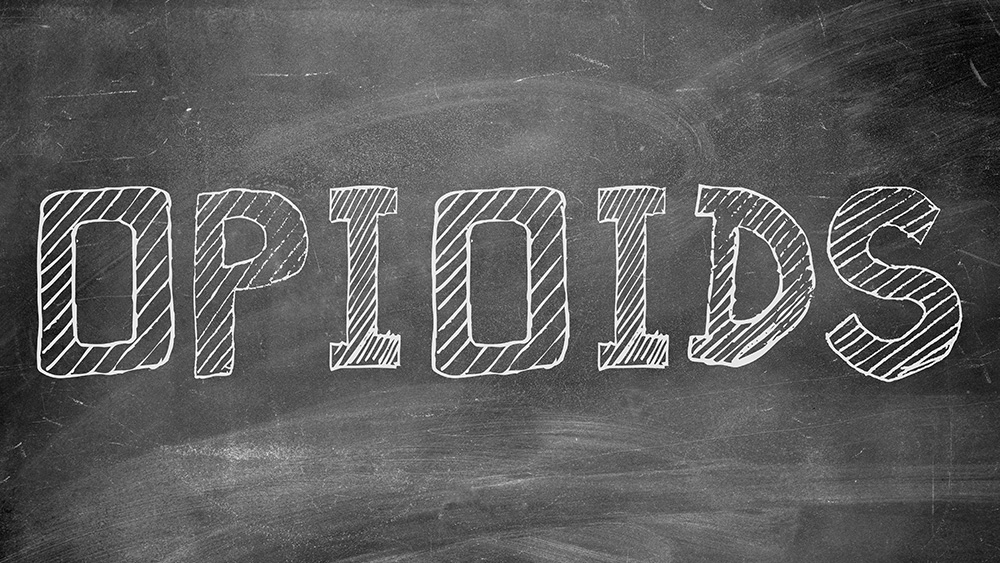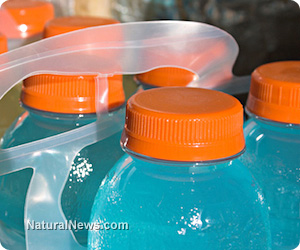U.S. Food and Drug Administration issues approval for first blood test for concussions… but is it accurate?
03/05/2018 / By David Williams
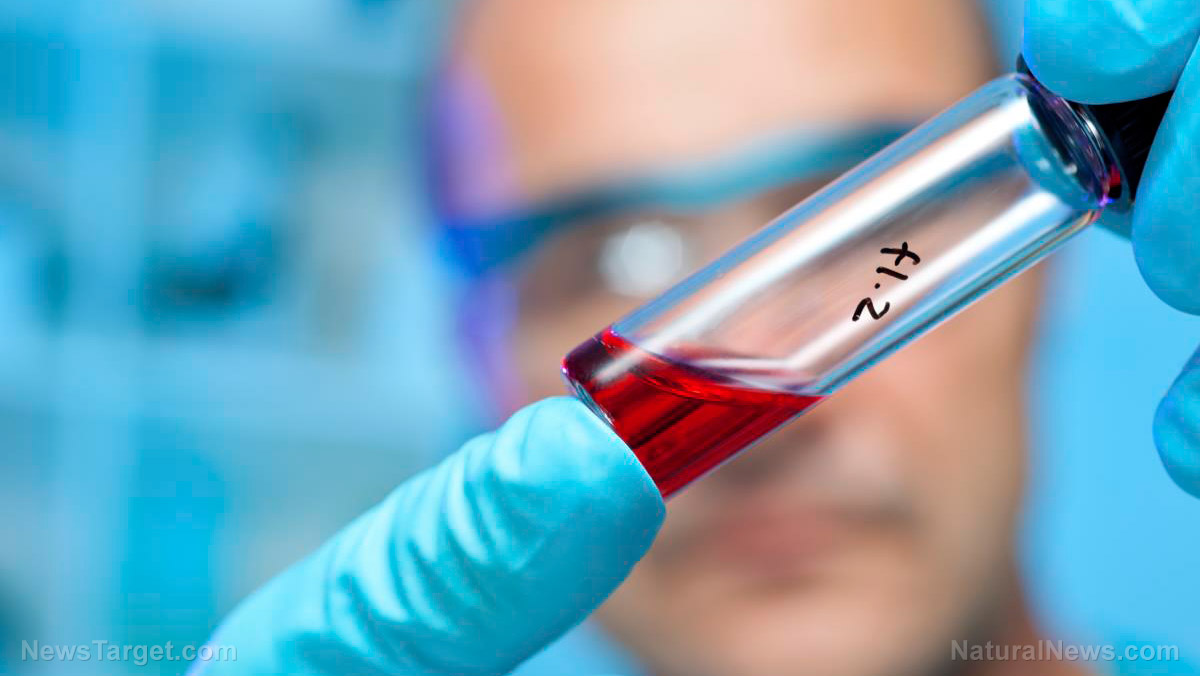
The U.S. Food and Drug Administration (FDA) has just finished screening the first diagnostic blood test that can be used to evaluate the severity of what it calls mild traumatic brain injury (mTBI) – concussions, to the layperson – and interestingly, it has approved the same for marketing. The blood test is called the Banyan Brain Trauma Indicator (BBTI) and is now part of the FDA’s Breakthrough Devices Program.
It is said that the new blood test can be used to accurately and quickly identify patients with existing brain tissue damage, or intracranial lesions, caused by head injuries without the need to resort to CT scans. Comparatively, the new blood test is not only less time-consuming, but is also a lot less expensive.
In typical cases of head trauma, patients that are rushed to the hospital will be advised to undergo a CT scan to find out exactly what kind of damage has happened to their brains. However, the process is not that efficient. The worst part is that over 90 percent of all patients who are given CT scans after going through the emergency departments return negative results.
With the BBTI, patients can receive results much quicker and far more reliably. The FDA notes in its news announcement about its approval for marketing that it works by tracing two protein biomarkers that are said to appear in a person’s blood immediately after a brain injury. It is said that elevated levels of UCH-L1 as well as GFAP in a person’s blood are indicative of intracranial lesions in patients.
In a recent clinical study, the blood test was shown to be effective in 97.5 percent of patient cases. What’s more, the method was seen as 99.6 percent effective in predicting patients that didn’t have any intracranial lesions whatsoever.
The power of the elements: Discover Colloidal Silver Mouthwash with quality, natural ingredients like Sangre de Drago sap, black walnut hulls, menthol crystals and more. Zero artificial sweeteners, colors or alcohol. Learn more at the Health Ranger Store and help support this news site.
According to Scott Gottlieb, M.D., the current FDA Commissioner, approving the new blood test is in line with the agency’s goals. “Helping to deliver innovative testing technologies that minimize health impacts to patients while still providing accurate and reliable results to inform appropriate evaluation and treatment is an FDA priority,” he said in a statement. “Today’s action supports the FDA’s Initiative to Reduce Unnecessary Radiation Exposure from Medical Imaging – an effort to ensure that each patient is getting the right imaging exam, at the right time, with the right radiation dose.”
Speaking about the BBTI blood test in particular, he mentioned that it could effectively serve as yet another step in the right direction, as far as modernizing clinical methods for certain types of treatment are concerned. “A blood-testing option for the evaluation of mTBI/concussion not only provides health care professionals with a new tool, but also sets the stage for a more modernized standard of care for testing of suspected cases,” he explained. He further added that the availability of a blood test for concussions can greatly reduce the number of CT scans performed on patients, which means additional savings on the healthcare system as a whole.
The blood takes only three to four hours to complete, and shows reliably accurate results. It is said that the U.S. Department of Defense has also expressed interest in using it, mainly for the benefit of soldiers who are at risk of severe head injuries. Once the method gets approved on all fronts, it could potentially be used in clinics and hospitals across the country.
Find out more stories about the human brain in Brain.news.
Sources include:
Tagged Under: Banyan Brain Trauma Indicator, blood test, brain damage, brain health, brain trauma, concussion, CT scan, FDA, head injuries, traumatic brain injury


